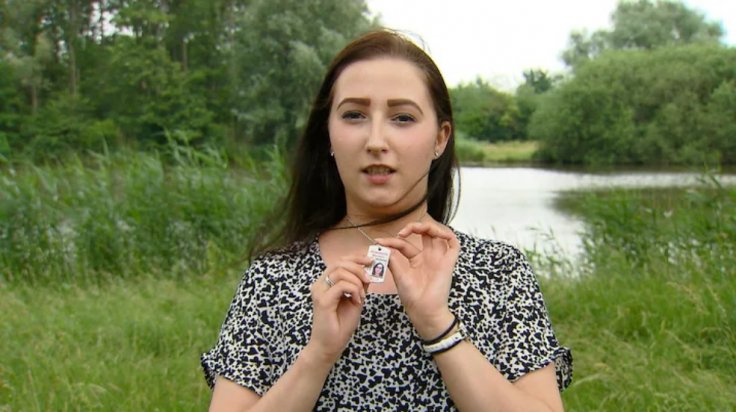A physically healthy Dutch woman died by euthanasia shortly after turning 29 because she didn’t want to live with depression and anxiety. Zoraya ter Beek, who also suffered from trauma and borderline personality disorder, decided that she wanted to die after struggling with mental health issues for over a decade and claiming that no treatment had helped her.
Beel died at 1:25 p.m. local time on May 22, 20 days after her birthday, with the assistance of the Euthanasia Expertise Center, according to a blog post shared by one of her friends. A heartbreaking tweet shared by another of her friends named Martin revealed that Beek died “humanely” and peacefully.
Choosing Her Death
X
People who die by euthanasia are typically given a barbiturate solution that stops their heart, although the specific method of Beek’s death has not been disclosed. A screengrab of Beek’s X account was posted, now reading “Zoraya – Status: Departed,” in an apparent nod to her death.
Another photo in the same post displayed her birth date, May 2, 1995, and her date of death. May 2, 2024, was also printed on the card but crossed out, suggesting she may have originally planned to die on her 29th birthday.
A third image showed a bird flying away from a tree shedding some of its leaves, symbolically depicting Beek’s passing.

X
She died a “dignified death, which she longed for for years due to unbearable psychological suffering,” according to an obituary published by Dutch newspaper Algemeen Dagblad.
Beek was with her boyfriend when she died, although further details of her death have not been shared.
A blog paying tribute to her said: “Now it’s quiet……no more texts……no tweets……no vague shizzle……no cat pictures……no motivational kick in the ass……
“And me? I am sad but happy at the same time. Sad to miss it, but there is so much understanding that the sadness doesn’t bother me. Happy because her greatest wish could come true in the way she hoped and wished. That she could go to sleep forever.”
A Lost Battle
Beek, who once wanted to become a psychiatrist, grappled with mental health challenges almost throughout her life. Unable to bear the challenges of depression and autism, she chose to end her life for eternal peace.

X
Beek, from the small Dutch town of Oldenzaal, had been vocal about her death wish and publicly expressed her hopes to die by euthanasia last October.
She said she decided to be euthanized after her doctors told her, “There’s nothing more we can do for you. It’s never gonna get any better,” according to The Free Press. “I was always very clear that if it doesn’t get better, I can’t do this anymore,” ter Beek said.
Beek’s partner supported her wish and was by her side when she died. Her X account was closed, and it was up to her friend Martin (@tintal1971 on X) to announce her death.
He wrote on Wednesday: “For the people who called it a bluff, who called her an attention whore. Excuse yourself and sit in a corner. Ask yourself, are you part of the problem, or part of the solution?’
The announcement read, “Zoraya passed away today at 1.25 pm. Or as she saw it herself: she went to sleep. Her last wish/request is to leave her loved ones alone and, if possible, to swallow disrespectful reactions. She understood that euthanasia for psychological suffering is still a “thing” for some people.”

X
Beek received approval for assisted dying earlier this month. After announcing the news, she criticized her detractors, calling their opposition to her death “insulting.” She had initially suggested she planned to end her life in June but ended up receiving euthanasia slightly earlier.
‘People think that when you’re mentally ill, you can’t think straight, which is insulting,’ she told the Guardian.
“I understand the fears that some disabled people have about assisted dying… but in the Netherlands we’ve had this law for more than 20 years. There are really strict rules, and it’s really safe.”
Euthanasia has been legal in the Netherlands since 2002 for individuals experiencing “unbearable suffering with no prospect of improvement.”
Beek’s case has attracted global attention and sparked a debate about assisted dying. Many supporters of euthanasia argue that it should only be available to terminally ill individuals facing an imminent, painful, and undignified death.


